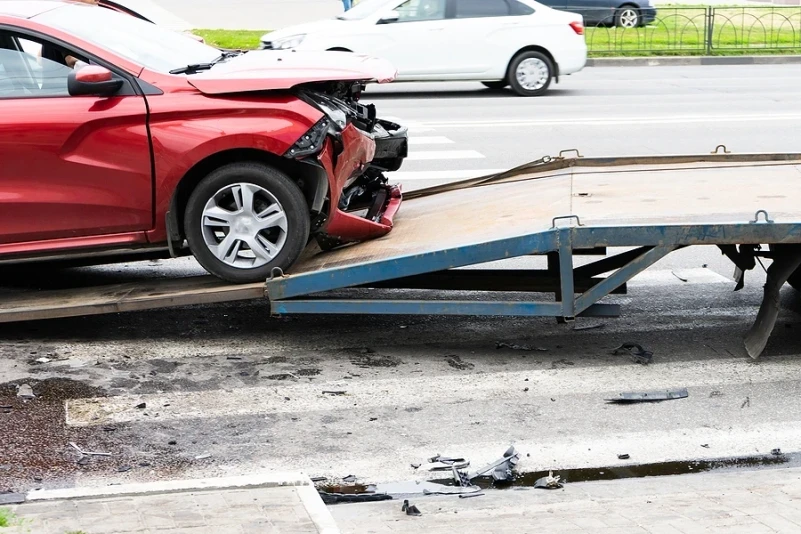Understanding Comparative Negligence in South Carolina Car Accident Cases

Car accidents can happen in the blink of an eye, and the aftermath can be overwhelming. In South Carolina, car accidents are unfortunately a common occurrence. When a car accident happens, determining liability is crucial in ensuring that the responsible party is held accountable for their actions. One legal concept that often comes into play in car accident cases is comparative negligence.
What is Comparative Negligence?
Comparative negligence is a legal principle that is used to determine the degree of fault of each party involved in an accident. In South Carolina, the comparative negligence rule allows individuals to recover damages even if they are partially at fault for the accident. The amount of compensation that a person can receive will be reduced by their percentage of fault.
For example, if a car accident case goes to court and the court determines that the plaintiff was 20% at fault for the accident and the defendant was 80% at fault, the plaintiff will receive 80% of the total damages awarded.
Understanding Pure Comparative Negligence
South Carolina follows a pure comparative negligence rule, which means that even if a plaintiff is found to be 99% at fault for an accident, they can still recover damages for the remaining 1%. This is different from states that follow a modified comparative negligence rule, where a plaintiff cannot recover damages if they are found to be equally or more at fault than the other party.
How Comparative Negligence Works Car Accident Cases
Car accident cases are often complex, with multiple factors contributing to the cause of the accident. When determining fault in a car accident case, the following factors may be considered:
- Police Reports: Police reports can provide valuable information about the accident, including statements from drivers and witnesses, as well as any citations issued at the scene.
- Eyewitness Testimony: Eyewitness testimony can play a crucial role in determining fault in a car accident case. Eyewitnesses can provide details about how the accident occurred and who they believe was at fault.
- Accident Reconstruction: Accident reconstruction experts may be called upon to recreate the accident and determine factors such as vehicle speeds, angles of impact, and braking distances.
- Surveillance Footage: Surveillance footage from nearby businesses or traffic cameras can provide visual evidence of how the accident occurred.
- Medical Records: Medical records can help establish the extent of injuries sustained in the accident and may also provide insight into the impact of the accident on the victim’s life.
How Comparative Negligence Can Impact Your Car Accident Case
If you have been involved in a car accident, understanding comparative negligence is crucial for determining your legal options. Here are some ways comparative negligence can impact your car accident case:
- Reduced Damages: If you are found to be partially at fault for the accident, the amount of compensation you can receive will be reduced by your percentage of fault. It is important to work with an experienced personal injury attorney who can help maximize your compensation despite any allegations of fault.
- Insurance Claims: Insurance companies often try to shift blame onto the victim to minimize their liability. Understanding comparative negligence can help you navigate conversations with insurance adjusters and ensure you are not unfairly blamed for the accident.
- Court Proceedings: If your case goes to court, the judge or jury will determine each party’s percentage of fault based on the evidence presented. Having a skilled attorney on your side can help present a strong case and protect your rights in court.
- Settlement Negotiations: Understanding comparative negligence can also impact settlement negotiations. Your attorney can use this knowledge to negotiate a fair settlement that takes into account your level of fault in the accident.
Seeking Legal Guidance in Car Accident Cases
Navigating a car accident case can be challenging, especially when comparative negligence is a factor. If you have been injured in a car accident, it is crucial to seek legal guidance from a knowledgeable personal injury attorney who understands the laws governing car accident cases in South Carolina.
A skilled attorney can help gather evidence, negotiate with insurance companies, and represent your interests in court, ensuring that you receive the compensation you deserve. By understanding comparative negligence and working with an experienced attorney, you can protect your rights and seek justice after a car accident.
